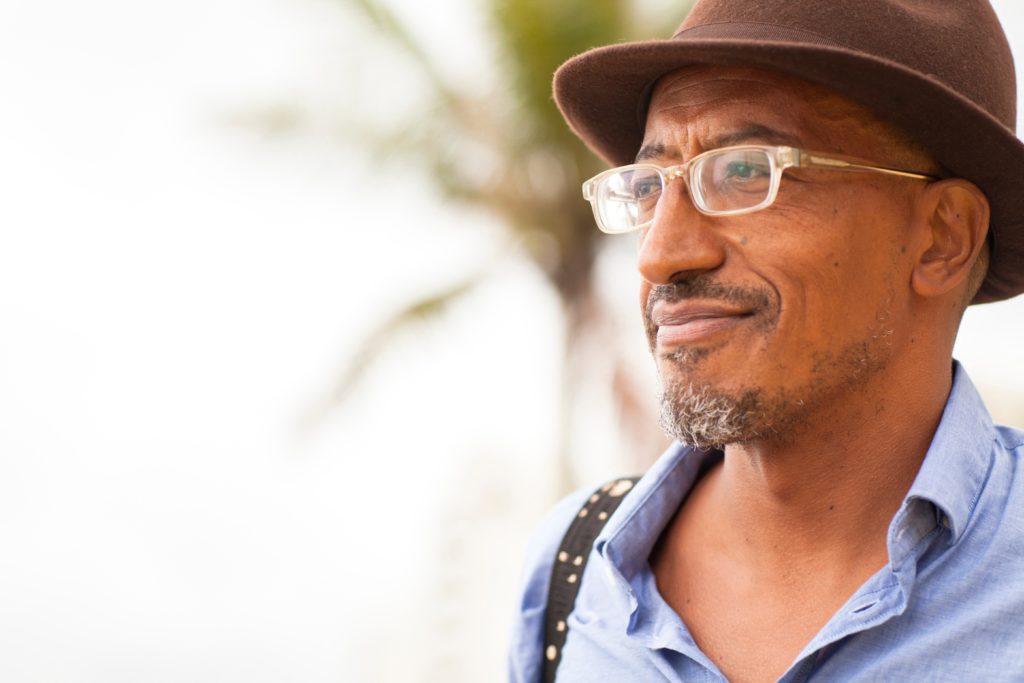São Paulo – The eyewear industry in Brazil has gradually recovered in 2021 from the challenges it faced during the first year of the pandemic. “It had a significant impact on business reduction. The 2020 figures shrank by 16.5% from 2019, and have partially recovered in 2021,” Ambra Nobre Sinkoc, executive director of Brazilian Optical Industry Association (Abióptica), said.
The reheat has been driven by independent optical stores, as per a report by Euromonitor International. The market research company said the periods of commercial lockdowns impacted especially medium-sized store-based retailers (chains with ten to 30 stores). Many of these stores are located in shopping centers.
According to Euromonitor, “the vast potential of Brazilian’s eyewear industry is still far from being reached.” Despite the improved landscape, the worsening of the inequalities in Brazil and inflationary pressure are distancing lower income consumers from the eyewear market. According to the survey, the opportunities for the industry are large untapped groups of consumers.
Here’s more on this:
Traditionally an importer, Brazil buys optical products particularly from Asian and European countries. However, domestic brands have worked with exclusive items and tried to break into foreign markets. “There’s a local production that’s very attached to Brazilian design with very interesting cultural traits, particularly in sunglasses. Therefore, we believe that investments in Brazilian manufacturers can make us evolve considerably in the exports of these products, including to Arab countries,” Sinkoc added.
Local production has even become more competitive during the pandemic. The few players that totally or partially count on local production, such as Suntech Supplies Ltda (Hot Buttered) and Luxottica do Brasil Ltda (Ray-Ban), suffered less due to their robust storage of supplies allowing them to maintain ongoing production, Euromonitor reported.
More lenses
Regarding lenses only, the demand skyrocked the pandemic. “We saw an increase in spectacle lenses, because people were extremely connected to their screens, so they had to change their spectacle lenses for more adequate ones,” Sinkoc says.
This is supported by a survey by the Brazilian Council of Ophthalmology (CBO). In the survey, seven out of ten doctors surveyed said they saw an increase in myopia among children during the pandemic.
The survey made public by Agência Brasil talked with 295 doctors from April and June. Out of the doctors surveyed, 75.6% said the use of several electronic devices can get myopia worse.
Translated by Guilherme Miranda




